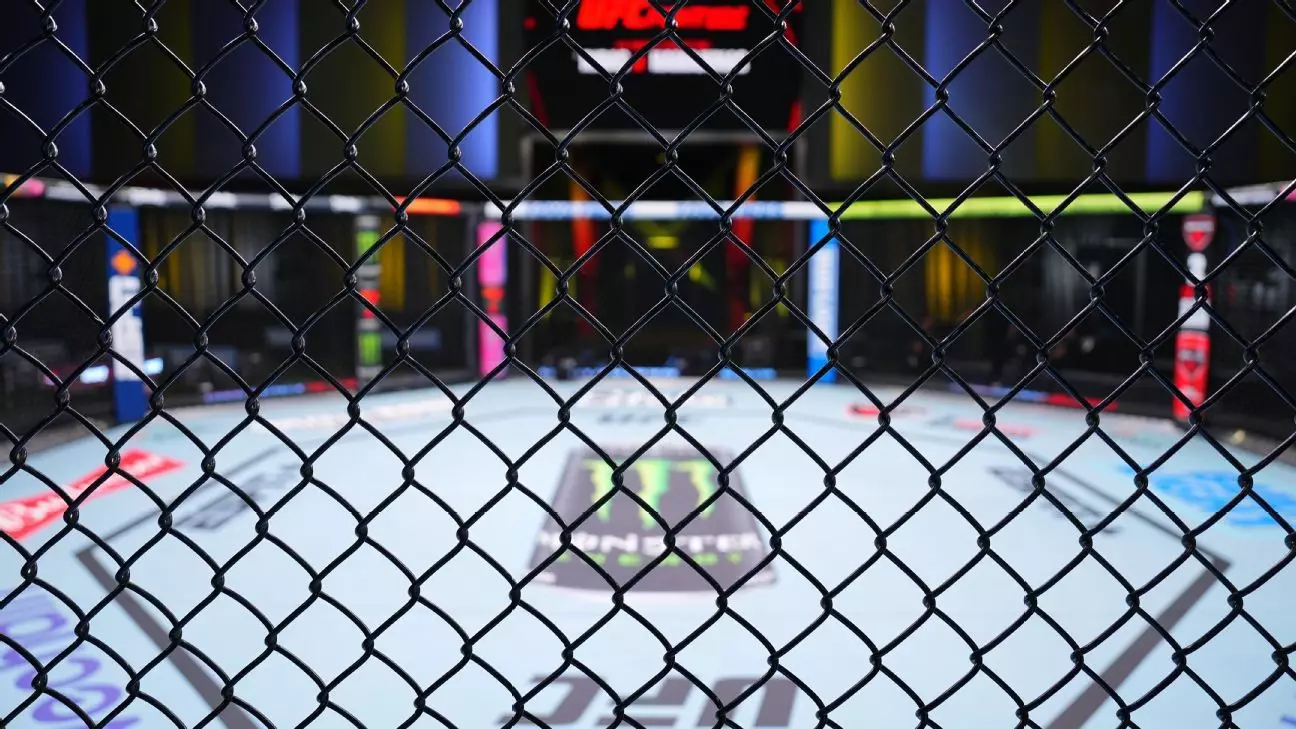In a landmark decision, a Nevada judge has granted preliminary approval for a substantial $375 million settlement aimed at resolving the first of two ongoing antitrust lawsuits against the Ultimate Fighting Championship (UFC). This case, Le v. Zuffa, represents a culmination of a decade-long struggle for justice on behalf of mixed martial arts (MMA) fighters. Approved by Judge Richard Franklin Boulware II, the settlement brings a sigh of relief for the hundreds of fighters involved, though finalization hinges on a forthcoming hearing. In this climate of uncertainty and prolonged litigation, the agreement signifies not only a financial resolution but a potential shift in the UFC’s operational landscape.
The Context of the Lawsuit
The antitrust allegations against UFC date back to 2014 when the organization, under its parent company Zuffa, faced accusations of maintaining monopolistic practices within the MMA industry. Plaintiffs argued that UFC has long manipulated fighter compensation levels, systematically paying fighters less than they deserved while stifling competition from other promotions. The antitrust claim emphasized that UFC has engaged in anti-competitive behavior to maintain monopsony power—the sole buyer in a given market—effectively limiting opportunities for fighters and lessening financial returns.
Previous attempts to settle these disputes have not been without contention. In July, Boulware rejected an initial proposed settlement amounting to $335 million, arguing that it inadequately addressed the claims across two separate lawsuits. The more recent $375 million figure specifically targets the claims from the Le v. Zuffa case, which encapsulates the period from 2010 to 2017, showing an evolution in the legal strategy to focus on discrete timeframes.
The implications of this settlement cannot be overstated, especially considering the financial hardships some fighters have endured as a result of their legal struggles. Over 150 fighters provided statements highlighting their dire situations, revealing that many have faced substantial economic challenges. Former UFC interim heavyweight champion Shane Carwin’s poignant remarks about his struggle with chronic traumatic encephalopathy (CTE) contextualize the urgency behind achieving a resolution.
For Carwin and others like him, this settlement represents not merely a financial windfall but a critical lifeline. Words like “life-changing money” encapsulate the hopes of many fighters, whose lives have been marred by injuries sustained in the octagon. They seek not only financial reparations but a recognition of their contributions to the sport. This sentiment was echoed by Eric Cramer, the lead attorney for the plaintiffs, who lauded the preliminary approval as a “monumental achievement” that would benefit many deserving MMA fighters.
While the preliminary settlement holds promise for those involved, it also juxtaposes ongoing challenges in the broader fight for equity in MMA. The remaining lawsuit, Johnson v. Zuffa, which addresses business practices from 2017 onwards, suggests that further scrutiny of UFC’s operations is imminent. This second antitrust case seeks to implement lasting changes to UFC contracts and overall business practices, a crucial step for promoting more equitable industry standards.
In response to these lawsuits, UFC has defended its business model by citing investments into the sport and the emergence of rival promotions. The UFC argues that such competition fosters a more robust MMA ecosystem; however, the contrasting narratives of fighter experiences elicit questions about the actual state of competition in the industry.
Concluding Thoughts
The preliminary approval of this $375 million settlement marks a critical juncture in the ongoing fight for fair treatment within the UFC. While this decision acknowledges the grievances of fighters and aims to provide much-needed financial relief, it also lays the groundwork for systemic reforms in the industry. As the remaining lawsuits await resolution, the landscape of professional MMA may soon shift, yielding a more equitable environment for those who dedicate their lives to the sport. This transformative moment could redefine the relationship between fighters and promoters, ushering in a new era that prioritizes fairness and transparency in professional mixed martial arts.

